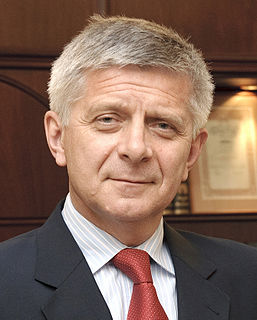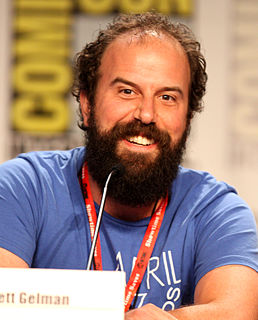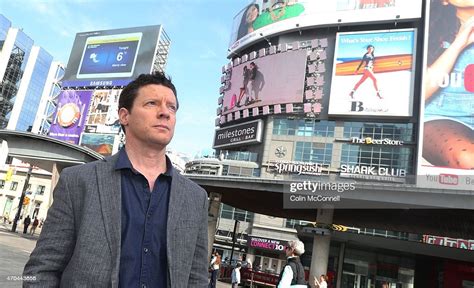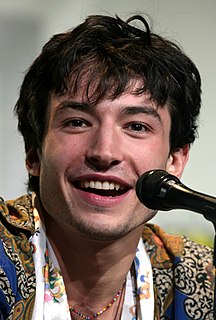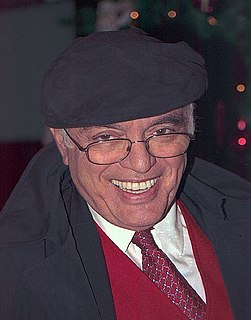A Quote by Robert Gilpin
The opposing tendencies of concentration and spread are of little consequence in the liberal model of political economy.
Related Quotes
With segregation, with the isolation of the injured and the robbed, comes the concentration of disadvantage. An unsegregated America might see poverty, and all its effects, spread across the country with no particular bias toward skin color. Instead, the concentration of poverty has been paired with a concentration of melanin.
As someone who is on the more liberal side of things, I personally think this side needs to be a little less open. I know that's part of what it means to be on the more liberal side of things, but that trait can no longer really be a part of our makeup. The simple reason for this is that the opposing side uses our openness to their full advantage.
We in the West have arranged our institutions to prevent the concentration of political power. … But we have failed utterly to prevent the concentration of economic power, or take account of how such concentration damages the conditions under which full human flourishing becomes possible (it is never guaranteed).
We are not held accountable for how the economy ravages Congo. Governments aren't held accountable for foreign policies that they exercise there. There are no institutional structures to render justice. The press is very limited. There's very little transparency. You find a symmetry in certain basic human tendencies, and these tendencies are not always noble or beautiful. I think we have an instinct to turn away from that, to not acknowledge it, while it is something that's a part of us. There's a certain tragic and sad side to human nature that, in our quest for beauty, we ignore.
I was kind of feeling a spiritual need all those years. My wife Geraldine and I went to an Episcopalian Church for a while. Oh, it just seemed very political to me that a guy so liberal was talking about opposing the war in Vietnam and I didn't want to hear that when I went to church. I wanted something spiritual.
The irony is that we've seen this model work really well in Massachusetts because Gov. Romney did a good thing, working with Democrats in the state to set up what is essentially the identical model and, as a consequence, people are covered there. It hasn't destroyed jobs. And as a consequence, we now have a system in which we have the opportunity to start bringing down costs as opposed to just leaving millions of people out in the cold." "Gov. Romney said this has to be done on a bipartisan basis
I think the press, by and large, is what we call "liberal". But of course what we call "liberal" means well to the right. "Liberal" means the "guardians of the gates". So the New York Times is "liberal" by, what's called, the standards of political discourse, New York Times is liberal, CBS is liberal. I don't disagree. I think they're moderately critical at the fringes. They're not totally subordinate to power, but they are very strict in how far you can go. And in fact, their liberalism serves an extremely important function in supporting power.




